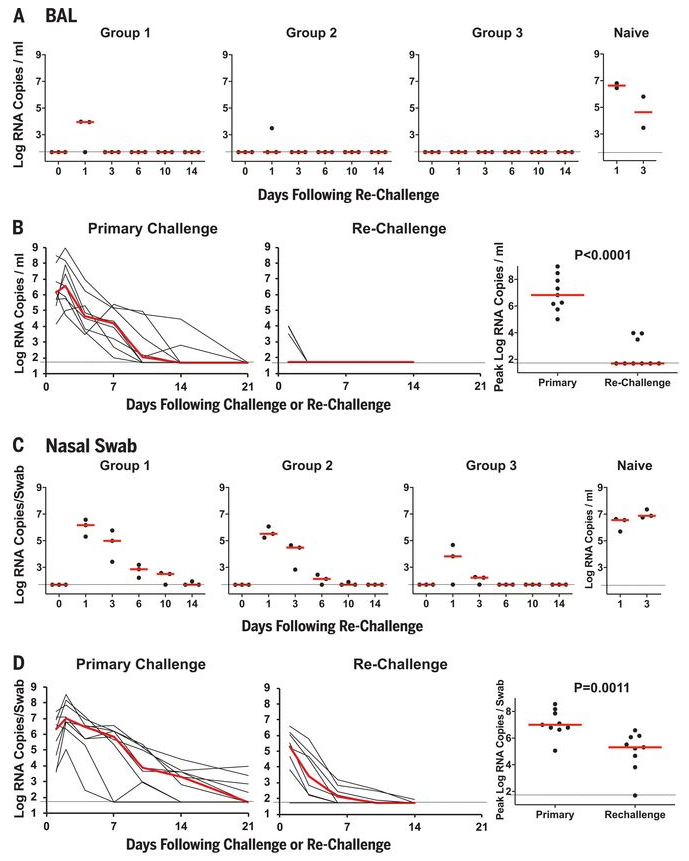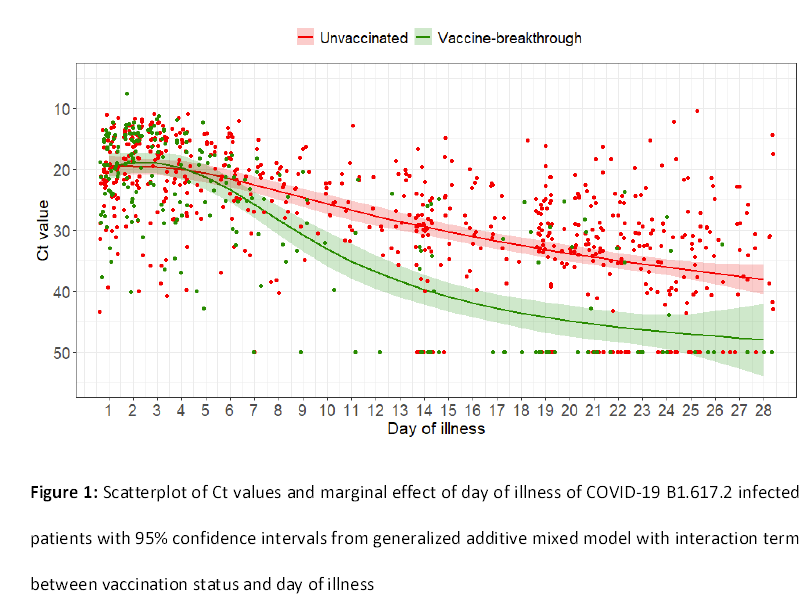I am no medical expert, am just curious how vaccines work in general, especially in preventing severe illness and deaths. I have read articles, seen videos on youtube, and seen how efficacy is calculated, basically, 50% vax and 50% placebo, calculate the infected percentage to get the efficacy. I have also seen how vaccines are supposed to work, mRNA or not...basically your body will respond to a pathogen, be it spike protein or inactivated virus, etc... by creating Antibodies to neutralize future infections by the real thing. Antibodies attach to the "crown" spikes of the virus to prevent it from replicating and causing harm to the cells/body.
That said, there are recent articles or posts saying that CDC mentioned something about the equal viral load on vaccinated + unvaccinated. And that explains the efficacy of "Transmission" especially with the Delta variant, to be about 20% efficacy now against delta, specifically for Pfizer, specifically against "Transmission"
My questions are,
- If the viral load is the same, does that mean that the antibodies are not working in the vaccinated, preventing the virus from replicating
- If antibodies are not working, what else is there in the vaccine that is still helping to prevent severe illnesses and deaths?
- Why is death efficacy still at 90+%, I understand how it is calculated, but what is the theory behind why it prevents death in the vaccinated when 1) is proven true? I would have thought efficacy would include everything, transmission, severe illnesses, and deaths, as either the antibodies work or they, don't.
Thank you

